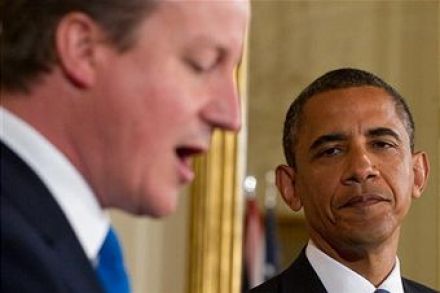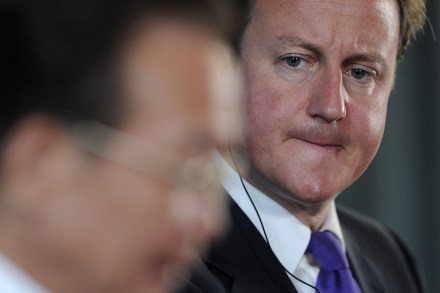Labour make a public inquiry their cause
I briefly mentioned Ed Miliband’s assertive remarks about the News of the World earlier. But it is worth returning to the video, above, to highlight one of his specific demands. “A police inquiry needs to take place without fear of favour,” said the Labour leader, “and then we need a much wider inquiry to restore the reputation of British journalism.” Harriet Harman has since echoed this sentiment in Deputy Prime Minister’s Questions, urging the government to “act” and establish a public inquiry into the newspaper trade. So, only hours after Tom Watson berated his party leadership for their timidity on this front, a public inquiry appears to have become official


















